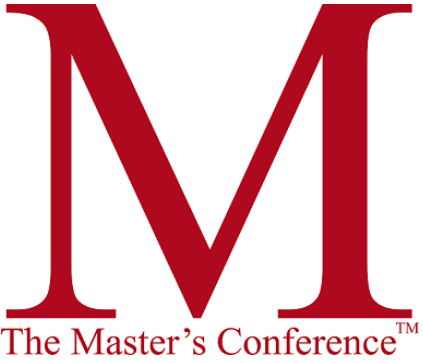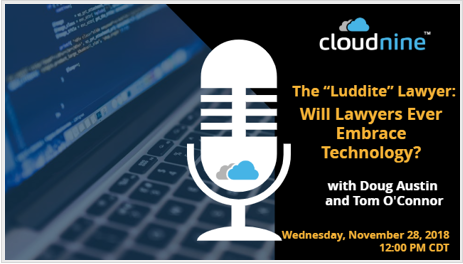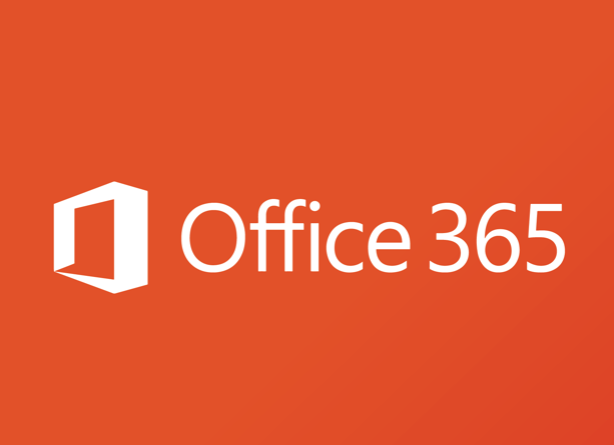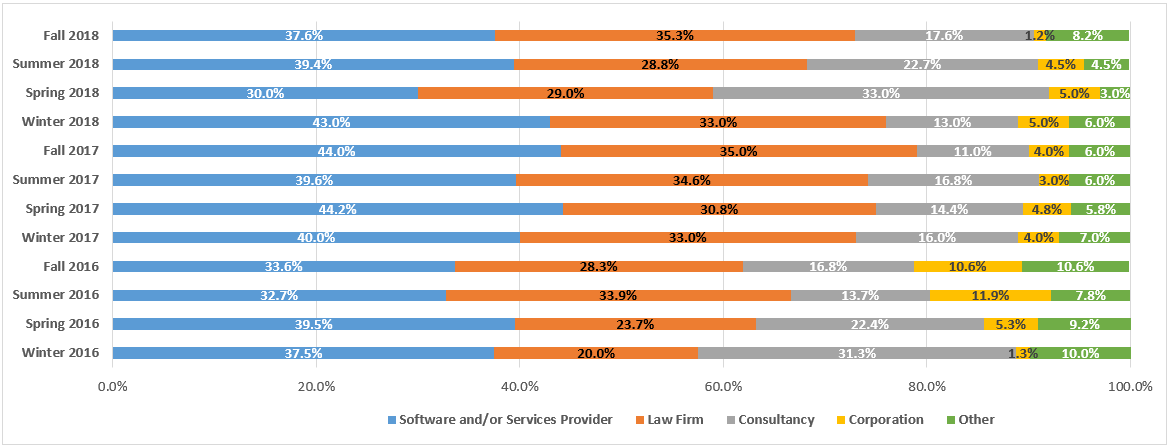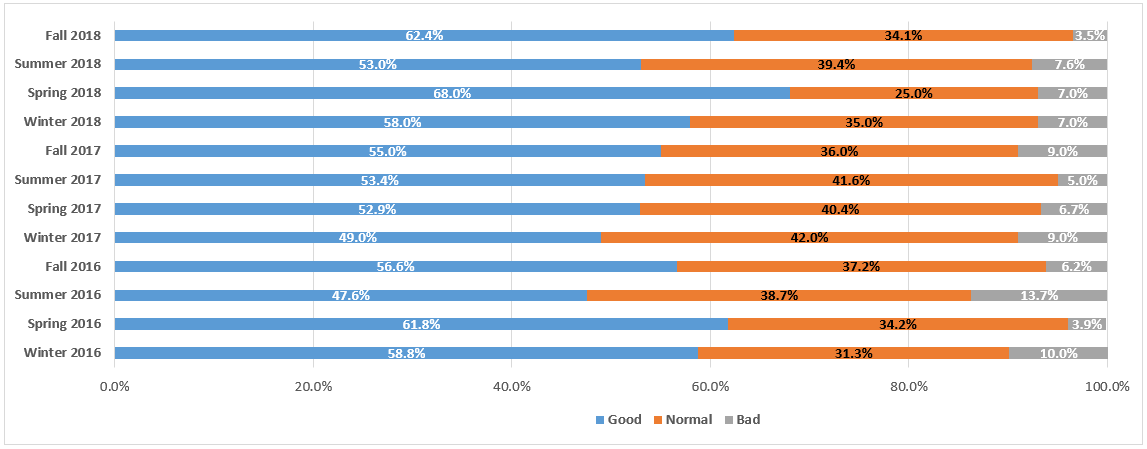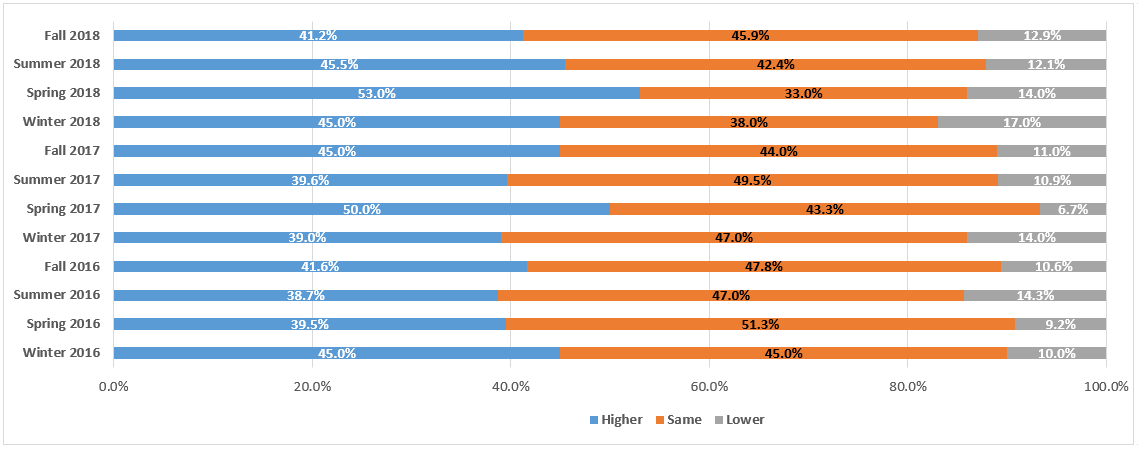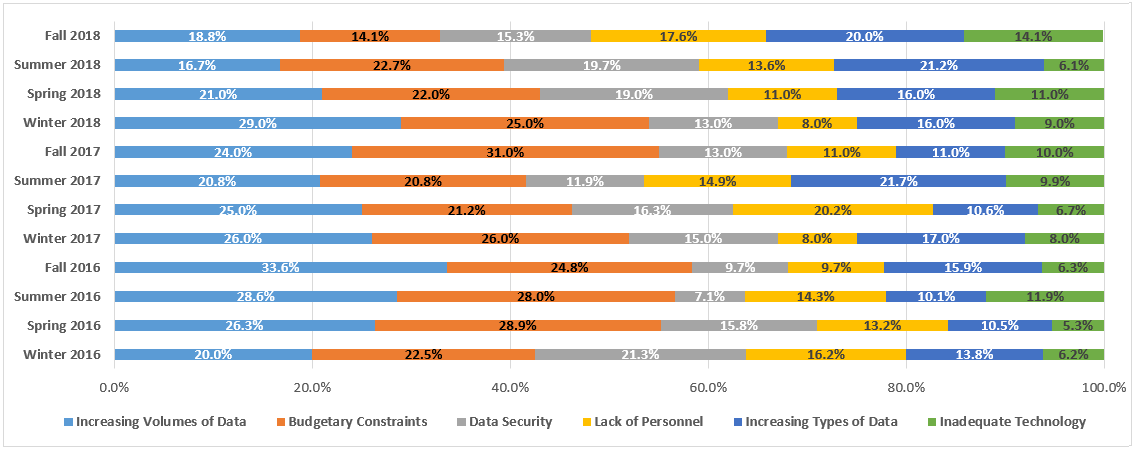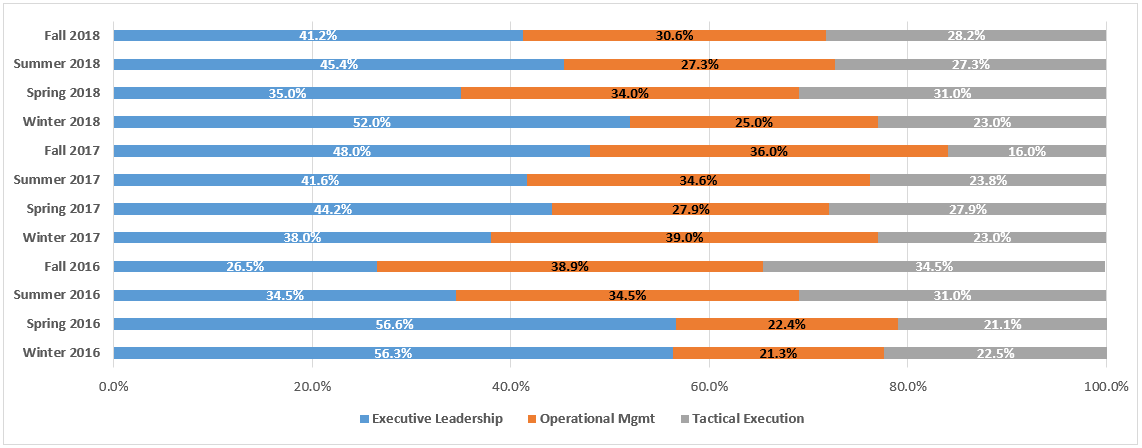Judge Says “Alexa, Please Testify in a Double Murder Case”: eDiscovery Trends
The occurrence of Internet of Things (IoT) devices in criminal cases is becoming more and more frequent. Just last month, we covered a case where data from a Fitbit led to the arrest of a murder suspect (we covered another case like it last year as well). Now, an Amazon Echo may have key evidence in a double murder committed last year.
According to Time (Judge Says Amazon Must Hand Over Echo Recordings in Stabbing Case, written by George Steer), a judge in New Hampshire has requested that Amazon hand over audio recordings from an Echo device present in a house where two women were found dead.
Timothy Verrill is accused of murdering 48-year-old Christine Sullivan and 32-year-old Jenna Pellegrini at a Farmington home in January 2017. Their bodies were found underneath a porch on the property with multiple stab wounds. Mr. Verrill pleaded not guilty the following month.
But prosecutors believe that there could be corroborating evidence recorded by an Amazon Echo device which was inside the house.
A ruling was handed down by Justice Steven M. Houran on Friday.
“The court directs Amazon.com to produce forthwith to the court any recordings made by an Echo smart speaker with Alexa voice command capability … as well as any information identifying cellular devices that were paired to that smart speaker during that time period,” the statement read.
A spokesperson for Amazon told the Associated Press Friday that the company would not be handing over any data “without a valid and binding legal demand served on us”.
In a similar case in March 2017 (which we covered here), Amazon agreed to hand over data from an Echo device that may have been privy to another murder — but only after the defendant consented to handing over the recordings (the charges were eventually dropped in that case).
Amazon’s lawyers had previously sought to quash the request on the grounds that it violated customer privacy. That’s the battle these days, apparently — privacy vs. information. They continue to be on a collision course which will lead to many more disputes, I suspect.
So, what do you think? Will IoT devices be the “witnesses” of the future? Please share any comments you might have or if you’d like to know more about a particular topic.

Sponsor: This blog is sponsored by CloudNine, which is a data and legal discovery technology company with proven expertise in simplifying and automating the discovery of data for audits, investigations, and litigation. Used by legal and business customers worldwide including more than 50 of the top 250 Am Law firms and many of the world’s leading corporations, CloudNine’s eDiscovery automation software and services help customers gain insight and intelligence on electronic data.
Disclaimer: The views represented herein are exclusively the views of the author, and do not necessarily represent the views held by CloudNine. eDiscovery Daily is made available by CloudNine solely for educational purposes to provide general information about general eDiscovery principles and not to provide specific legal advice applicable to any particular circumstance. eDiscovery Daily should not be used as a substitute for competent legal advice from a lawyer you have retained and who has agreed to represent you.


